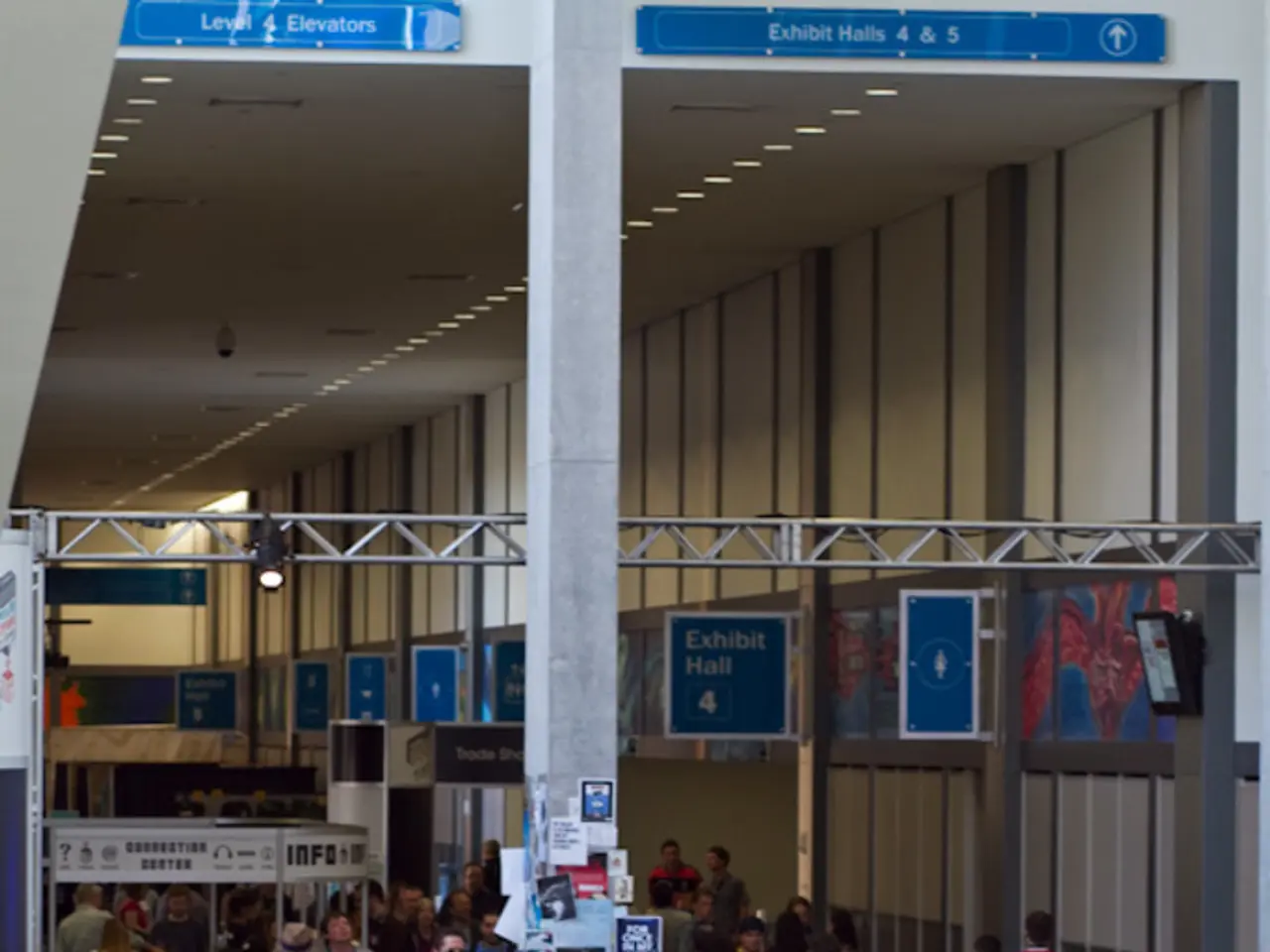Moscow reportedly reversed GPS signal disruption for von der Leyen's airplane, as per Bulgaria's admission.
The landing of Ursula von der Leyen, the President of the European Commission, on a plane that circled above Plovdiv airport for a brief period, has sparked a debate over GPS signal interference. Some experts have alleged Russian spoofing, but the situation remains unclear.
According to Flightradar24's analysis, the Navigation Integrity Category (NIC) value for the flight was 8 throughout, and the NACP value was within very high ranges, indicating no jamming of the ADS-B signal. This suggests that the GPS signal was perfectly fine but the aircraft may have encountered issues using that signal in its avionics.
Ian Petchenik, Flightradar24's director of communications, has suggested that GPS interference on the plane could have been internal or from another source. He also pointed out that there are numerous reasons for the GPS signal to be perfectly fine but for the aircraft to encounter issues using that signal in its avionics.
The plane did not use "paper maps" for landing, but instead, a ground-based radio navigation system known as ILS was used. An instrument landing system arrival was offered and accepted when the pilots informed air traffic controllers about the GPS issues.
Contradictory claims about the duration of the plane's circling and delay have been made, with open-source data suggesting a total delay of approximately nine minutes. Bulgarian Prime Minister Rosen Zhelyazkov has stated there was no "prolonged interference or jamming" of the GPS signal around Plovdiv airport during von der Leyen's landing.
Bulgarian officials have denied submitting any information on the GPS incident to the European Commission. In response, a Commission spokesperson stated that this incident is not specific to Ursula von der Leyen and occurs on a very regular basis to many aircrafts flying near the eastern border.
Moscow has intensified GPS jamming targeting planes and ships since Russia's full-scale invasion of Ukraine in February 2022, with the area surrounding the Baltic Sea particularly impacted. The European Commission has announced plans to increase the number of satellites in low Earth orbit to better detect GPS signal interference and invest in more resilient technologies, alongside enhanced monitoring and targeted training to collectively address GPS jamming and spoofing attributed to Russia.
Coordinated action from the European Union is needed to tackle the threat of GPS interference from Russia. The topic of Europe's response to GPS interference from Russia, including potential actions from NATO, has been discussed in relation to the incident involving Ursula von der Leyen's plane.
Mahmoud Elsahoury, a telecommunications engineering expert, suggests circling patterns in the plane's track could indicate a spoofing incident. A recording of the plane's pilot raising GPS issues in a conversation with Bulgarian air traffic controllers during the flight has emerged.
Deputy Prime Minister and Transport Minister Grozdan Karadjov has stated a report of the conversation between the plane's pilot and control tower was handed to the European Aviation Safety Agency (EASA). An analysis of the data reveals the plane was an hour late for take off.
As the investigation continues, the incident serves as a reminder of the ongoing threat of GPS interference and the need for improved technologies and coordinated action to ensure safe air travel.
Read also:
- Peptide YY (PYY): Exploring its Role in Appetite Suppression, Intestinal Health, and Cognitive Links
- Easing Pedestrian Traffic Signal Pressure
- Astral Lore and Celestial Arrangements: Defining Terms & In-Depth Insights - Historical Accounts & Glossary of Cosmic Mythology
- ICE directed to enhance detention conditions following NYC immigrants' allegations of maltreatment








